AI Summary
Key Highlights of Current Automotive E-commerce Trends
This post explores the transformative trends shaping automotive e-commerce in 2026. The key insight: AI, AR, and mobile commerce are revolutionizing vehicle buying with personalized, immersive experiences and seamless digital transactions. It serves automotive marketers and retailers seeking to adapt and thrive amid rising online sales and sustainability demands. The blog details innovations like AI-driven customization, virtual showrooms, direct-to-consumer EV sales, advanced payment options, and data-driven marketing. These tools enhance customer satisfaction, streamline operations, and boost conversion rates. Readers gain actionable strategies to harness technology for competitive advantage and future-proof their e-commerce platforms.
The automotive e-commerce industry is currently experiencing substantial growth and transformation in 2026.
The main trends propelling this evolution consist of the surge in smartphone usage, the emergence of augmented reality (AR) showrooms, customized shopping experiences, and the incorporation of artificial intelligence (AI) and machine learning.
The integration of AI and machine learning is reshaping the automotive sector by offering customized shopping experiences. By scrutinizing customer data, AI systems can propose accessories and forecast parking obstacles, thereby improving customer contentment and conversion rates.
AI consultancy services, which emphasize natural language processing, computer vision, and predictive analytics, are supporting automakers in crafting intelligent systems that enhance customer interactions and streamline operational efficiencies.
Additionally, e-commerce website development services are crucial in enhancing online platforms. Moreover, direct-to-consumer sales strategies, environmental awareness, and flexible financing options are revolutionizing the purchasing and selling of vehicles and automotive components.
This blog will explore these trends in detail, providing insights into the future of automotive e-commerce.
Also read
The Growth of Online Platforms for Car Purchases
The surge of online car-buying platforms is a significant trend in automotive e-commerce.
Companies like Carvana, Vroom, and Shift have transformed the car-buying process by offering a completely online experience. These platforms allow consumers to browse a vast inventory, secure financing, and complete the purchase without setting foot in a dealership. The vehicles are then delivered directly to the buyer’s doorstep. This shift is largely driven by consumer demand for convenience and transparency.
According to a study by Cox Automotive,61% of car buyers in the U.S. prefer an online experience over traditional dealership visits (eCommerce Insights). The success of these platforms is reflected in their financial performance and market share, which continue to grow year over year.
Virtual Showrooms and Augmented Reality (AR)
Virtual showrooms and augmented reality (AR) are revolutionizing the online car-buying experience by offering immersive and interactive vehicle explorations. Virtual showrooms enable customers to explore detailed 3D models of vehicles, inspect interior and exterior features, and even participate in virtual test drives.
AR technology takes this further by allowing consumers to visualize how a vehicle would appear in their driveway or garage using their smartphones or AR glasses. This innovative technology effectively bridges the gap between online and in-person shopping, allowing buyers to purchase without physically inspecting the car.
Example: BMW
BMW has integrated AR technology to provide an exquisite virtual test drive experience and intricate vehicle customization options directly within their prestigious dealerships. With the BMW app, clients can engage with lifelike 3D car models, meticulously examining every detail of the car’s lavish interior and elegant exterior. The app also features a range of informative videos and interactive elements, allowing users to immerse themselves in the vehicle’s exceptional features without the requirement of a physical visit to a dealership.
Explore leading European payment solutions in Top Payment Gateways in Europe.
Artificial Intelligence (AI) and Machine Learning
AI and machine learning are pivotal in customizing the luxury automotive e-commerce experience. AI-driven chatbots and virtual assistants deliver immediate customer support, addressing inquiries and leading users through the buying process.
Machine learning algorithms examine user behavior and preferences to provide tailored vehicle suggestions and financing choices. Predictive analytics, a component of AI, aids dealerships in refining their inventory management and pricing strategies. By predicting demand and recognizing market trends, dealers can guarantee they have the appropriate vehicles in stock and price them competitively, elevating both sales and customer contentment.
Sustainable and Electric Vehicles (EVs)
The shift towards sustainable and electric vehicles (EVs) is a prominent trend shaping the automotive e-commerce sector.
With governments imposing more stringent emissions standards and consumers showing a greater concern for the environment, the demand for EVs is on the upswing. Online platforms are increasingly showcasing EVs, highlighting their advantages, and offering detailed information on charging infrastructure and maintenance. Manufacturers are also moving towards direct-to-consumer sales models for EVs.
Tesla has taken the lead with its online-exclusive sales approach, prompting other carmakers to follow suit. By selling directly to consumers, manufacturers can oversee the entire customer experience, from browsing to delivery, ensuring a seamless and consistent process.
Data-Driven Marketing and Personalization
The world of automotive e-commerce is witnessing a surge in the importance of data-driven marketing and personalization. Through the analysis of data from different sources like browsing habits, purchase records, and social media engagement, companies can develop highly focused marketing strategies. Personalization goes beyond marketing and encompasses the entire customer experience.
For example, personalized email campaigns can prompt potential buyers to recall vehicles they previously viewed online, while personalized landing pages can showcase relevant offers and promotions. This level of customization enriches the customer experience and heightens the likelihood of conversion.
Example: Volvo
Volvo has fully embraced the concept of data-driven personalization by seamlessly integrating its online configurator with valuable customer data. Upon visiting Volvo’s website, the online configurator elegantly tailors options based on the user’s location, driving habits, and family size. This sophisticated personalized approach ensures that customers discover the ideal Volvo model that perfectly aligns with their requirements, ultimately enhancing the probability of a successful sale.
Also Read
Mobile Commerce on Automotive E-commerce
Mobile commerce (M-commerce) is reshaping automotive e-commerce. With smartphones always at hand, more shoppers are using mobile devices to browse, compare, and buy automotive products. Responsive websites and intuitive apps make it easy to shop for everything from tires to rare parts on the go.
Convenience is key; real-time notifications, seamless in-app payments, and simplified checkout ensure users never miss a deal. In regions with high mobile adoption, M-commerce has become a critical growth driver for automotive retailers.
Effective Automotive E-Commerce Campaign
A strong automotive e-commerce campaign is essential in today’s digital, competitive landscape. Companies that adapt to evolving technologies and consumer expectations gain a clear edge.
Effective campaigns leverage personalized shopping experiences, advanced analytics, and seamless online interactions to capture attention and build loyalty. By embracing these innovations like industry leaders Carvana and Vroom, businesses can differentiate themselves, meet customer demands, and drive engagement.
A forward-thinking e-commerce strategy not only keeps your company relevant but also expands reach, strengthens relationships, and positions you for growth in a fast-moving industry.
Integration of Advanced Payment Solutions
The incorporation of advanced payment solutions simplifies the car-buying process and enhances security.
Digital wallets, cryptocurrency payments, and buy-now-pay-later (BNPL) options are becoming more prevalent, offering consumers flexible and secure ways to complete their purchases. Digital wallets like Apple Pay, Google Pay, and PayPal provide a convenient and secure payment method, reducing the risk of fraud and improving the checkout experience.
Cryptocurrency payments are also gaining traction, especially among tech-savvy consumers who prefer the anonymity and security of blockchain transactions. BNPL options allow buyers to split their payments into manageable installments, making high-value purchases more accessible.
Example: Advanced Payment Solutions (APS)
APS curates a distinguished selection of payment processing offerings, encompassing both online and on-chain payment methods, designed to harmonize conventional finance with the avant-garde landscape of decentralized applications. Take, for example, their elegant Web3 payment processing gateway, which allows automotive firms to facilitate transactions in both fiat and cryptocurrency. This exceptional adaptability not only broadens the appeal to a wider audience but also captivates the interest of tech-savvy consumers keen on leveraging digital currencies for their purchases.
Digital Financing and Insurance Solutions
The fusion of digital financial services and insurance offerings is revolutionizing the vehicle purchasing journey. Online portals provide swift loan approvals and attractive financing choices from various lenders. Customers can analyze interest rates, compute monthly payments, and finalize financing arrangements without the need to exit the online platform.
Likewise, digital insurance solutions are streamlining the acquisition of coverage. Prospective buyers can swiftly obtain quotes, contrast policies, and secure insurance online, frequently as an integral part of the vehicle purchase process. This seamless digital journey diminishes the obstacles and intricacies typically linked with vehicle financing and insurance.
Example: Carvana
Carvana delivers a sophisticated online platform for purchasing pre-owned vehicles, complete with flexible financing and warranty choices, ensuring a hassle-free digital car buying journey.
Subscription and Mobility Subservices
Alternative ownership models, such as subscription and mobility services, are becoming increasingly prevalent in the automotive e-commerce sector.
Companies like Volvo Care and Porsche Passport offer subscription services where consumers can enjoy a variety of vehicles for a monthly fee, inclusive of insurance, maintenance, and other expenses. This hassle-free model presents a refreshing change from traditional car ownership.
On the other hand, mobility services such as car-sharing and ride-hailing are becoming increasingly popular. Platforms like Turo and Getaround allow individuals to rent out their vehicles, while Uber and Lyft cater to the growing demand for convenient transportation options in urban areas.
Example: Wagonex
An esteemed innovator in the UK’s car subscription landscape, recognized for its exceptional subscriptions and for also delivering advanced technology solutions to other providers.
Blockchain for Transparency and Security
Blockchain technology plays a crucial role in improving transparency and security within the automotive e-commerce sector. Through the use of a decentralized and tamper-proof ledger, blockchain guarantees the authenticity of vehicle history records, encompassing ownership details, maintenance records, and accident history. This transparency fosters trust between buyers and sellers, minimizing the chances of fraudulent activities.
Additionally, blockchain facilitates secure transactions through the utilization of smart contracts. These self-executing agreements autonomously enforce the terms of a deal, ensuring that all parties involved fulfill their respective obligations.
This technological innovation proves to be particularly invaluable in the context of high-value transactions such as vehicle purchases, where the preservation of security and trust is of paramount importance.
Enhanced Customer Experience through Omnichannel Strategies
An integrated approach across various channels is essential for providing a seamless customer experience in automotive e-commerce. By merging online and offline platforms, dealerships can create a unified journey that exceeds consumer expectations at every interaction point.
For example, customers can initiate their research online, visit a physical showroom for a test drive, and finalize their purchase online. Customer relationship management (CRM) systems play a pivotal role in facilitating this integrated experience. These systems monitor customer engagements across all channels, offering valuable insights that enable dealerships to personalize communication and enhance customer service.
By harnessing data from multiple outlets, dealers can cultivate stronger connections with their customers and elevate overall satisfaction.

Achieving Global Reach in Automotive E-Commerce
E-commerce has eliminated geographical barriers, allowing automotive businesses to connect with customers worldwide. Platforms like Amazon, Alibaba, and eBay enable retailers to showcase inventory far beyond local markets.
This global exposure is especially valuable for niche products, rare car parts, or specialized aftermarket accessories, where local demand may be limited. Major platforms also provide infrastructure for logistics, secure payments, and customer support, letting businesses focus on product quality and customer satisfaction.
Current Market Size and Future Growth Outlook
As we look at the landscape, the automotive e-commerce sector is not only expanding but doing so at a record pace. Recent estimates put the global market’s value at close to $66 billion as of 2021. Even more striking, forecasts suggest this number could skyrocket to over $213 billion by 2029, reflecting an impressive compound annual growth rate of about 16%.
This rapid acceleration can be traced to intensifying consumer demand for convenient online solutions and the ongoing digital overhaul within the industry.
Driving the Digital Highway
The automotive e-commerce sector in 2026 is a dynamic and rapidly changing environment, marked by a combination of technological advancements, evolving consumer behaviors, and innovative business models.
As the number of consumers relying on online channels for their automotive necessities continues to rise, the necessity of e-commerce website development services cannot be overstated. It is essential to have a sophisticated online infrastructure that offers seamless, secure, and user-friendly experiences to cater to the ever-changing demands of the automotive industry.
AI consulting services are essential for automotive firms aiming to capitalize on data-driven insights and advanced technological solutions. They guide in developing strategies for the effective implementation of AI, enhancing operational efficiency, and optimizing interactions with customers. This strategic approach not only increases customer satisfaction and engagement but also promotes e-commerce growth and empowers companies to adjust to the changing landscape of consumer preferences and market dynamics.
From exquisite responsive website design to flawless e-commerce development, ColorWhistle offers a luxurious array of digital services designed to cater to your distinct needs. Reach out to us at +1 (919) 234-5140 to begin working together towards accomplishing your business objectives.
What’s Next?
Now that you’ve had the chance to explore our blog, it’s time to take the next step and see what opportunities await!

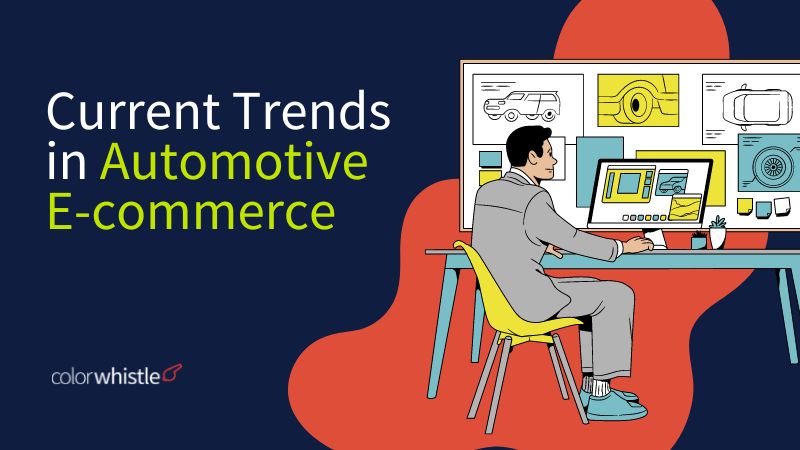
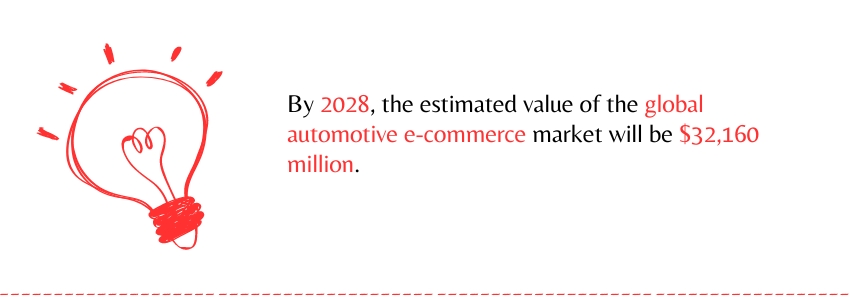
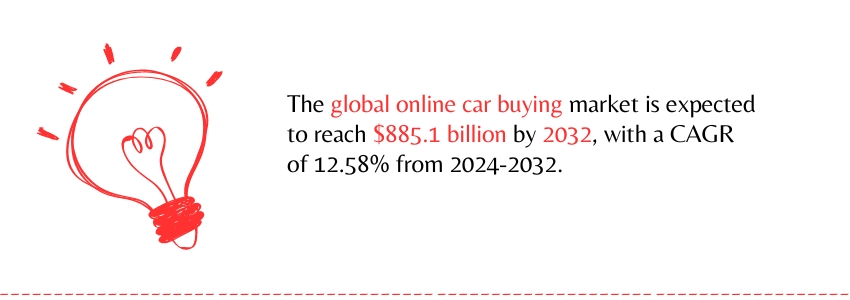
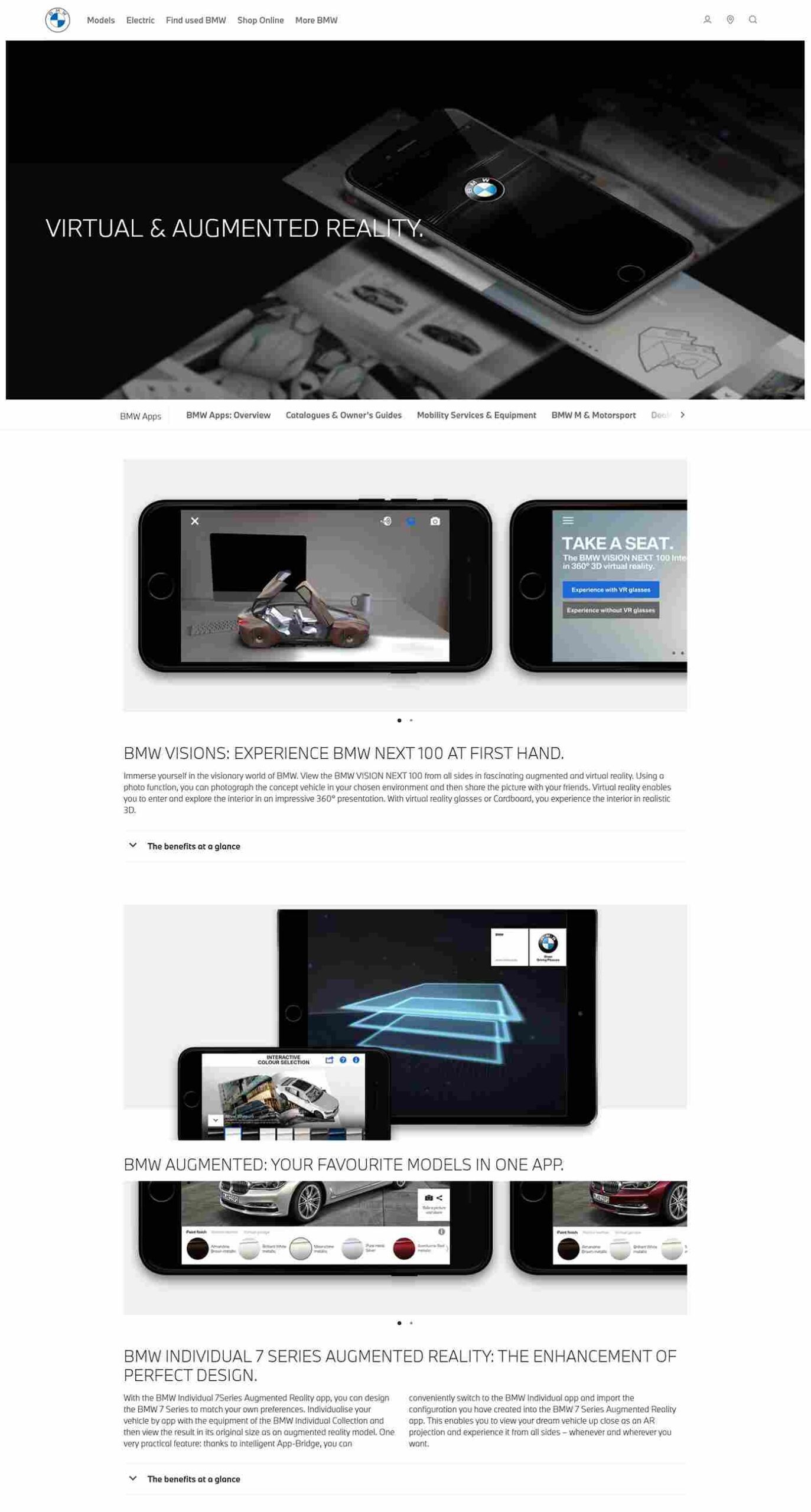
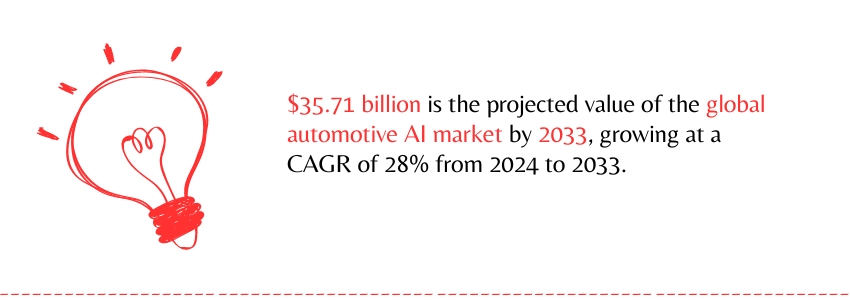
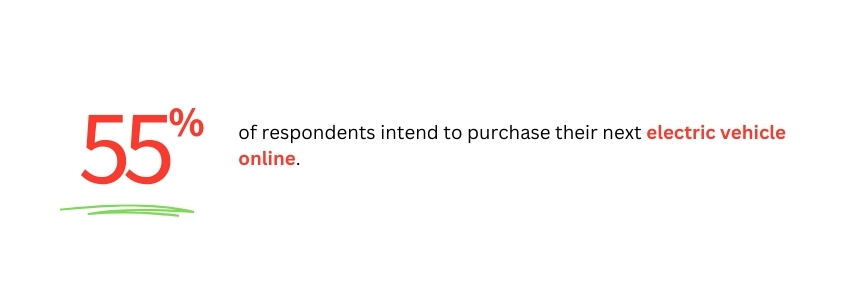
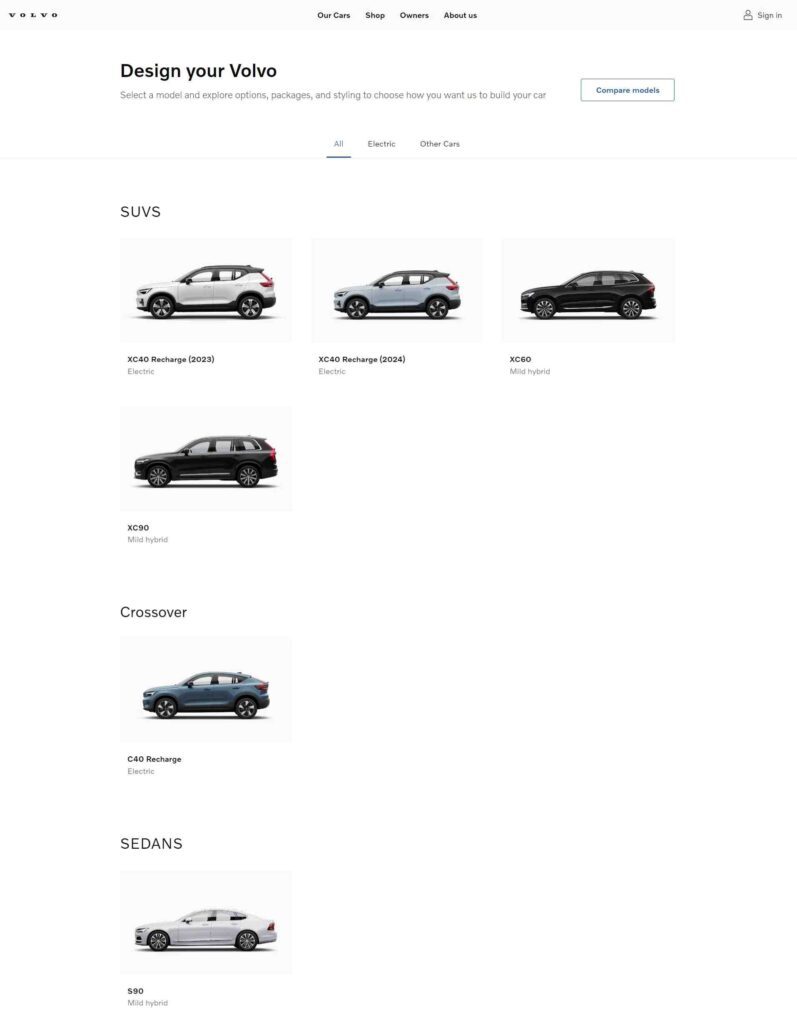
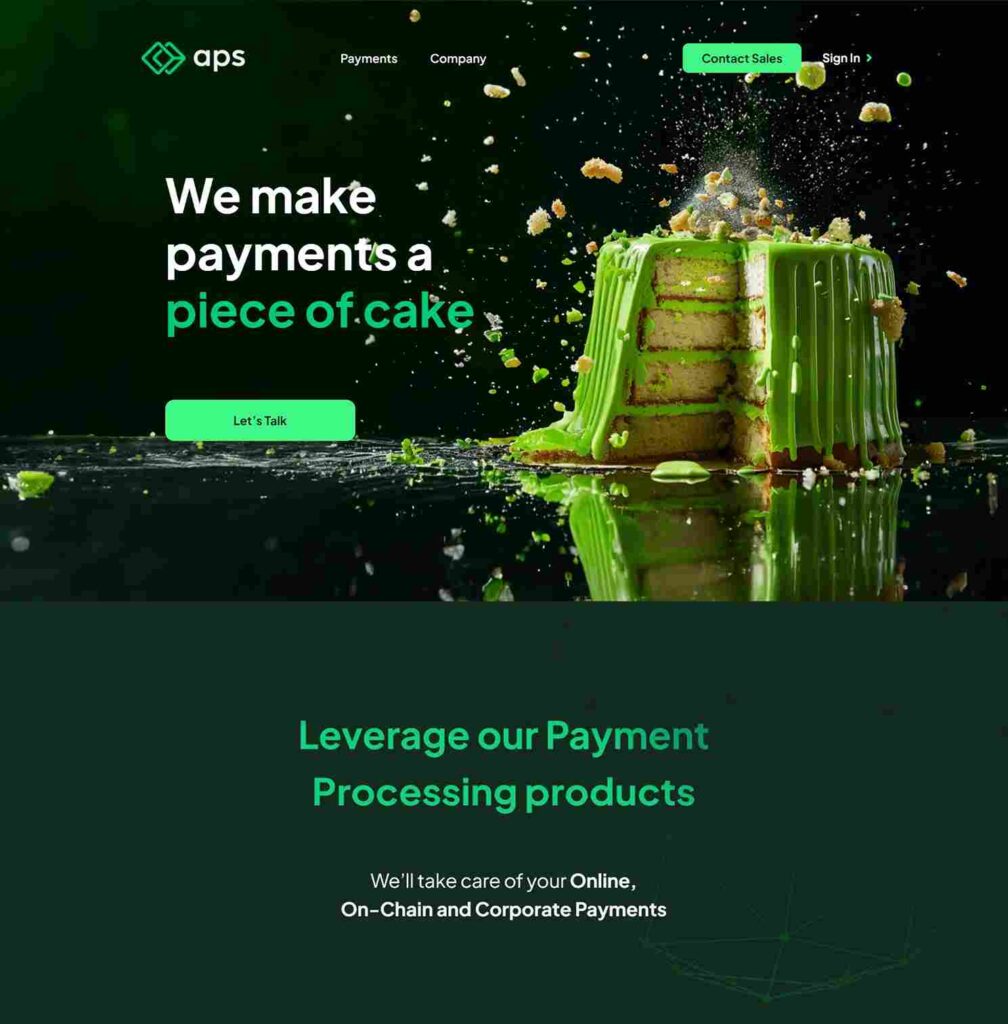
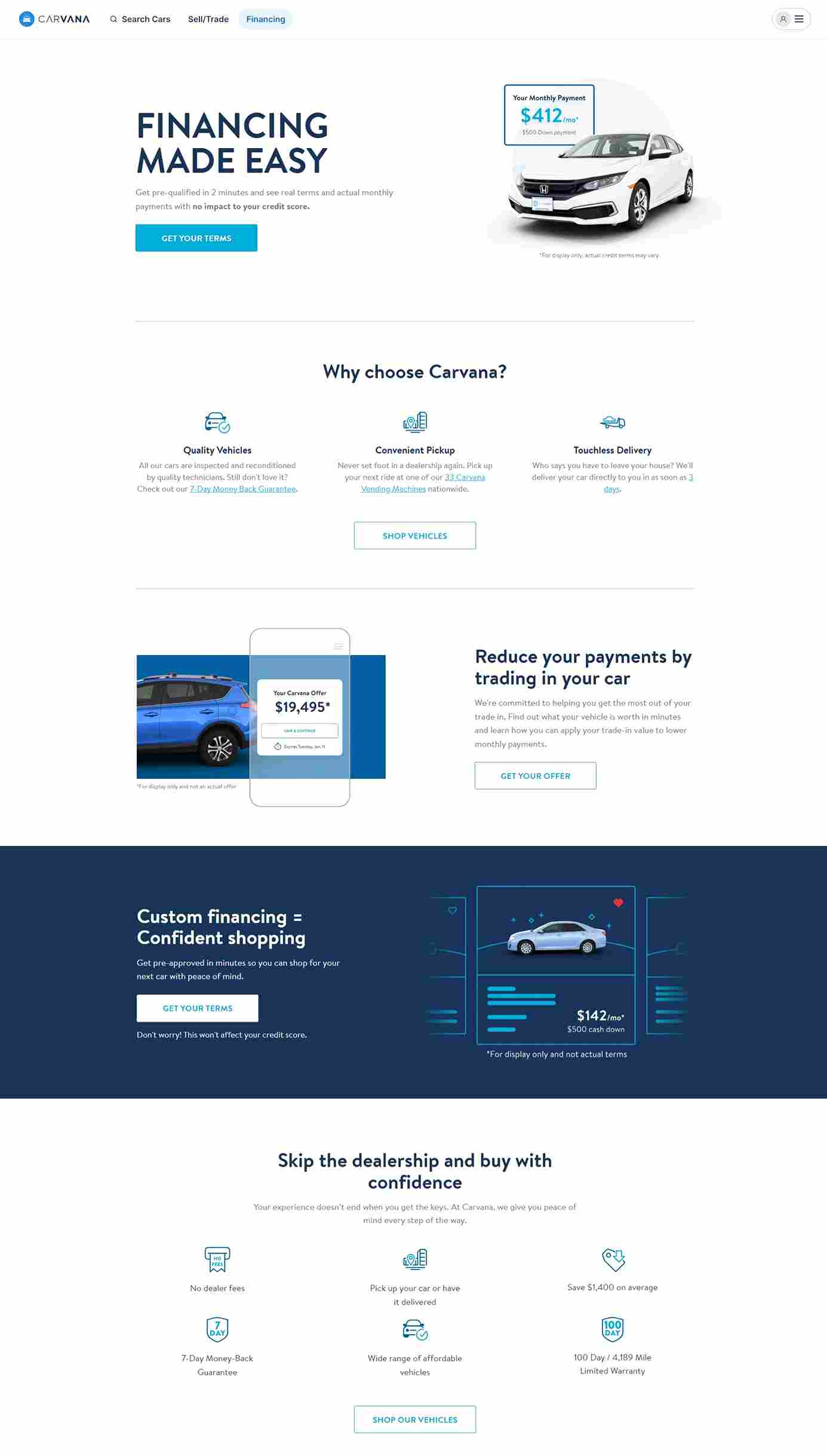
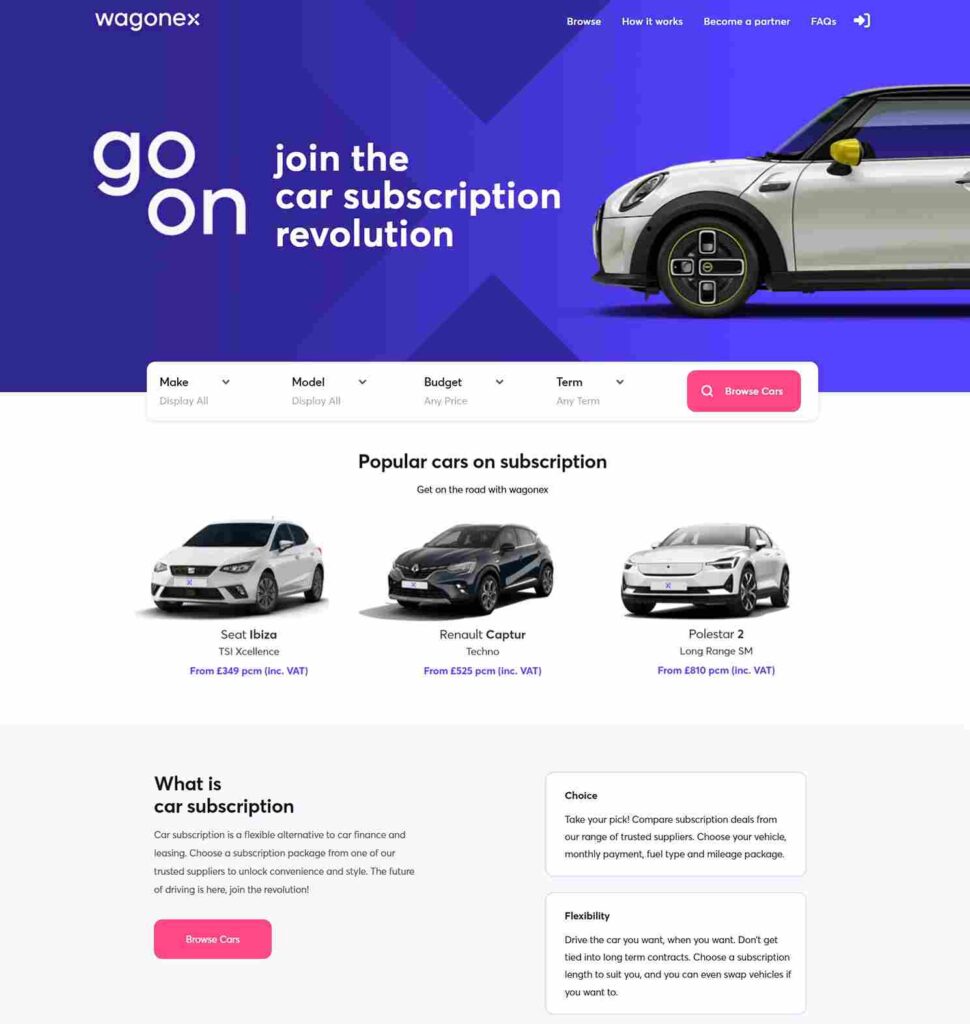
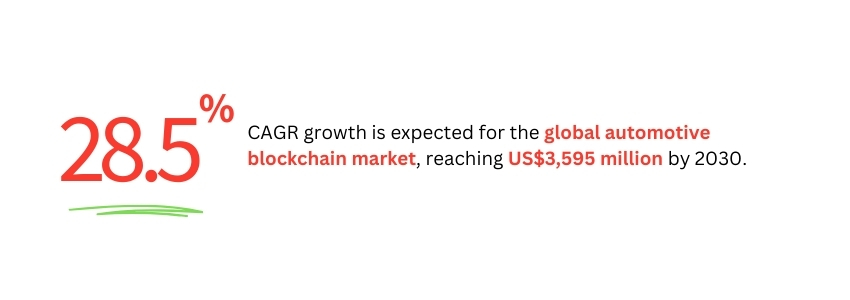
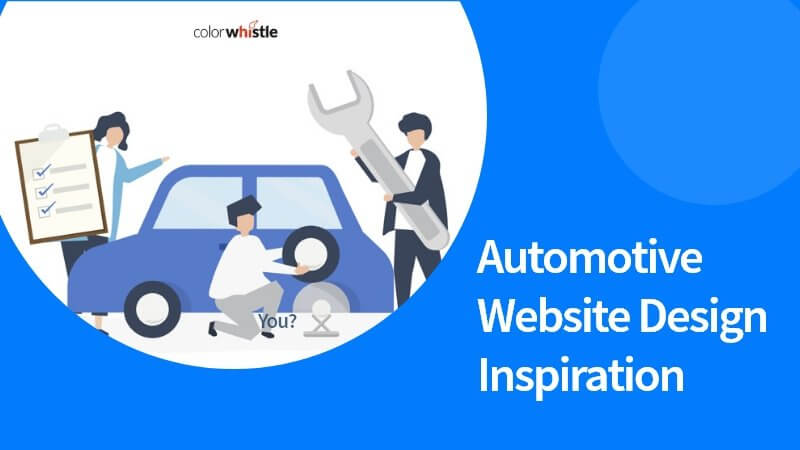
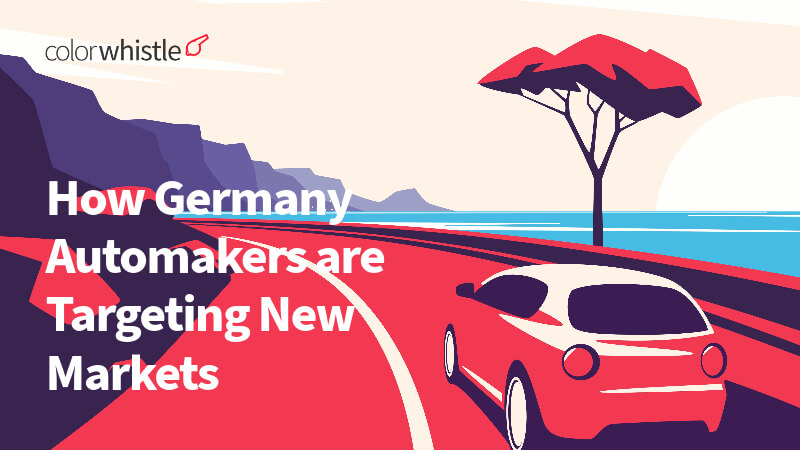
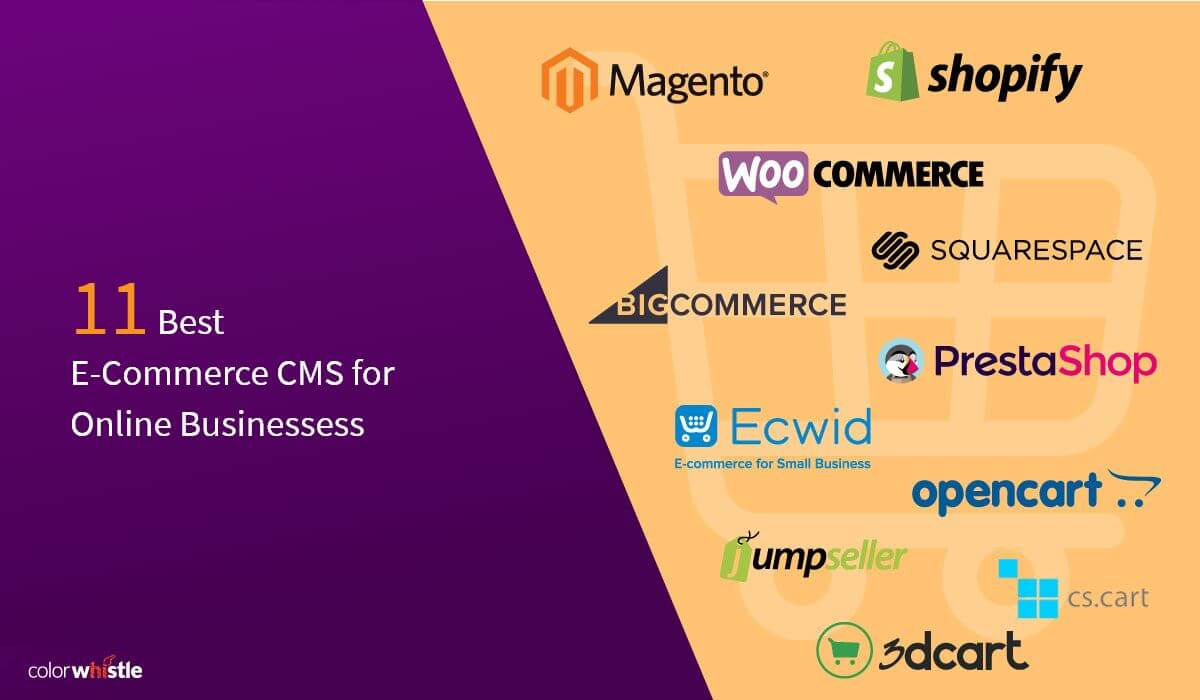

Great summary of the 2025 automotive web design trends. I really appreciate the focus on user experience and the integration of new technologies. Today’s automotive web design needs to be functional, trustworthy, and visually appealing. Great content!